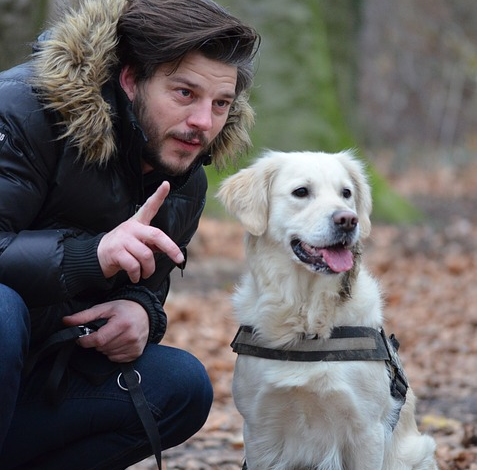5 Tips to Pick the Right Coat For Your Dog



Although your beloved pup is covered in fur, it may not be enough to keep them warm during the winter months — especially if you live in a particularly harsh, snowy climate.
Whether your dog needs a winter coat will depend on its breed more than its size. While smaller dogs tend to be more vulnerable to the cold, large dog breeds with thinner fur need extra protection during the winter months, too.
There are also other factors to consider, such as the size and type of coat that would best suit your furry friend.
All-in-all, there are five key points to keep in mind while shopping for winter dog coats.
- What Breed is Your Dog?
Naturally, some dogs will need a winter coat more than others. Huskies and other double-coated breeds originate from colder climates, so their fur provides decent cold resistance.
Long-haired dogs are not the same as double-coated dogs. Those with double-coats have a soft layer of fur close to their bodies and an additional layer that’s longer and coarser.
Many long-haired dogs still need winter coats, as their fur isn’t dense enough to keep them warm during the winter months. They’ll also need to have their fur trimmed to keep it out of the snow.
Dogs that are lower to the ground, larger dogs with thin fur coats, and older dogs will also need a jacket to keep them warm as the weather gets chilly.
If your pup has a health condition, such as diabetes, they may need a winter coat to help keep their body temperature up, too.
- What is the Weather Like Where You Live?
The type of coat that your dog will need depends on the climate in your area, as well.
- Mild temperatures and light precipitation: An unlined coat or sweater will brace your pup for the temperature drop without overheating them. Lighter winter coats are also good for thick-haired dogs in, particularly cold climates.
- Cool, dry winters: A lined or insulated coat is great for areas that have cold winters but not a whole lot of snowfall. You can also use these coats as an additional layer underneath a water-resistant jacket for very thin-haired dogs.
- Lower temperatures and heavy precipitation: If you live in an area subject to heavy snow or winter rain, your dog will need a water-resistant coat. On very low-temperature days, you may need to layer up your pup with a lined coat underneath.
Some dogs may need a light coat to keep them warm indoors, especially if you tend to keep the thermostat a bit lower than average.
Although sweaters may look fashionable, they aren’t suitable for areas that receive a lot of precipitation in the winter months. The American Veterinarian Medical Association warns that wet sweaters can actually make your dog colder.
- What Size is Your Dog?
The winter coat should fit snug around your dog’s body without squeezing them too tight. You should still be able to fit a few fingers between the jacket and your dog. This means the coat has enough stretch to accommodate them.
The length of the coat should reach down toward the base of their tail to ensure adequate coverage, as well.
Sleeved coats are great for smaller dogs and long-haired dogs. The sleeves provide extra protection from the cold weather and prevent snow from getting stuck to the fur on their legs.
To make sure you’re buying the right size coat, you’ll need to take the following measurements of your dog:
- The circumference of their neck
- The width of their chest at its widest point
- The length of their back
You should go up a size if your dog is still growing, as it’ll help the coat last longer. Going up a size is also a good idea if you intend on layering it over a lighter jacket.
- How Durable is the Coat?
If your dog tends to play a bit rougher or chew up just about anything, you’ll want to choose a more durable coat. Otherwise, you’ll end up having to keep buying replacement coats due to all the tears.
- Is the Coat Easy to Clean?
Similarly, you should pick a coat that’s machine washable if you have a particularly playful pup on your hands. This will allow you to easily wash away any muddy slush that gets on the jacket during your walk.
Coats for indoor wear or dryer climates, however, should do just fine with handwashing and spot treatment.
In Conclusion
Unless your dog is double-coated, they’ll need a winter coat to keep them warm during the colder months.
Choosing the right coat for your dog depends on their breed, the climate of your area, and the size of your dog. You may also need an extra durable coat or one that’s machine washable, depending on your pup’s play-style.



